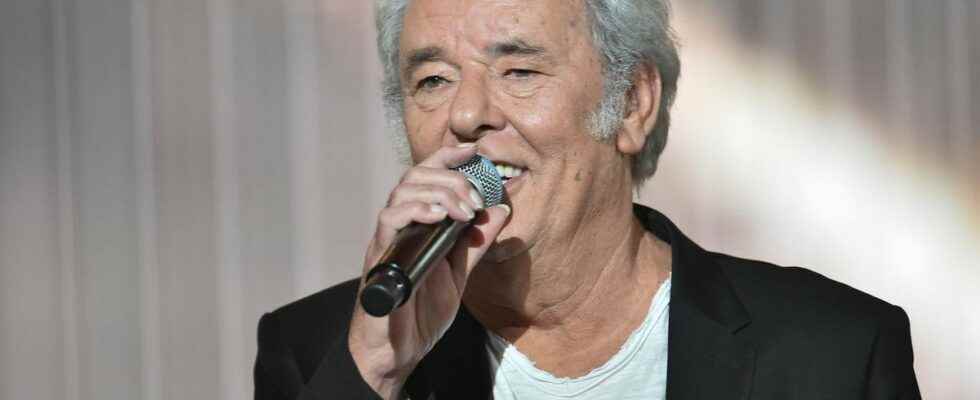Published on
Updated
Reading 3 mins.
Singer Maxime Le Forestier has just announced that he has been affected by tongue cancer. What is this type of cancer? How is it treated? The answers of Dr Amine Harichane, ENT in Paris.
Following a malaise, which occurred in the middle of a concert in Epinay on December 3, the singer Maxime Le Forestier underwent a battery of examinations, which detected cancer of the tongue. The artist did not want to talk about it before being treated and overcoming this ordeal and he is grateful to his audience, who did not relay the event. “Last year, in Épinay, on December 3, I fainted in the middle of a concert. It had to have its effect in the room“says the San Francisco interpreter. But “there was not the shadow of a communication on social networks. Brassens said that his audience had talent. Mine too” he adds.
What is tongue cancer?
Asked, Dr. Amine Harichane, ENT in Paris, explains that tongue cancer often presents itself in the form of a hemorrhagic lesion, accompanied by pain in the ENT sphere and in the ganglia in the neck. “There are different types of tongue cancer. The most common is squamous cell carcinoma, in 70% of cases. It is a cancer that affects people over 50, often men, with an alcohol and tobacco profile” says the doctor first.
Those affected therefore often have a lesion that lasts, does not heal and bleeds, because the tongue is a richly vascularized organ. “It is often the dentists who detect this type of lesion and advise patients to consult a doctor.“Notes Dr. Harichane. Then, in consultation, the doctor will refer his patient to a biopsy, to make the diagnosis. “It is necessary to rule out other types of benign lesions and to ensure that it is indeed cancer”.
What is the support?
Once the diagnosis has been made and the biopsy performed, it is time for treatment. They include surgery, radiotherapy and chemotherapy. “It all depends on the type of cancer, the location of the lesion and the extent of the disease, but generally surgery, called a glossectomy, is followed by radiotherapy sessions. In cases where the disease is more extensive and affects the lymph nodes, for example, chemotherapy will also be associated“says Dr. Harichane.
What are the consequences for tongue cancer?
Tongue cancer surgery can be quite devastating. “Patients generally need speech therapy sessions to improve their speech and rework their swallowing” adds ENT. A restorative procedure can be considered in the most serious cases, where the tongue has been extensively resected. “We then use a patch of skin from the forearm, to replace the missing tongue tissue. This works quite well, to give a kind of tongue to the patient, because the feeling of emptiness in the mouth can be very disturbing”. The consequences of radiotherapy are different, with a risk of mucositis and dry mouth. “In this case, patients use some sort of spray to moisten their oral cavity” says the doctor again.
What prevention for tongue cancer?
The main prevention for this cancer risk is to avoid tobacco and alcohol. Indeed, according to Dr. Harichane, tobacco and alcohol multiply by 50 the risk of triggering cancer of the tongue. Remember that each year, tongue cancer affects approximately 1,800 men and 200 women.
